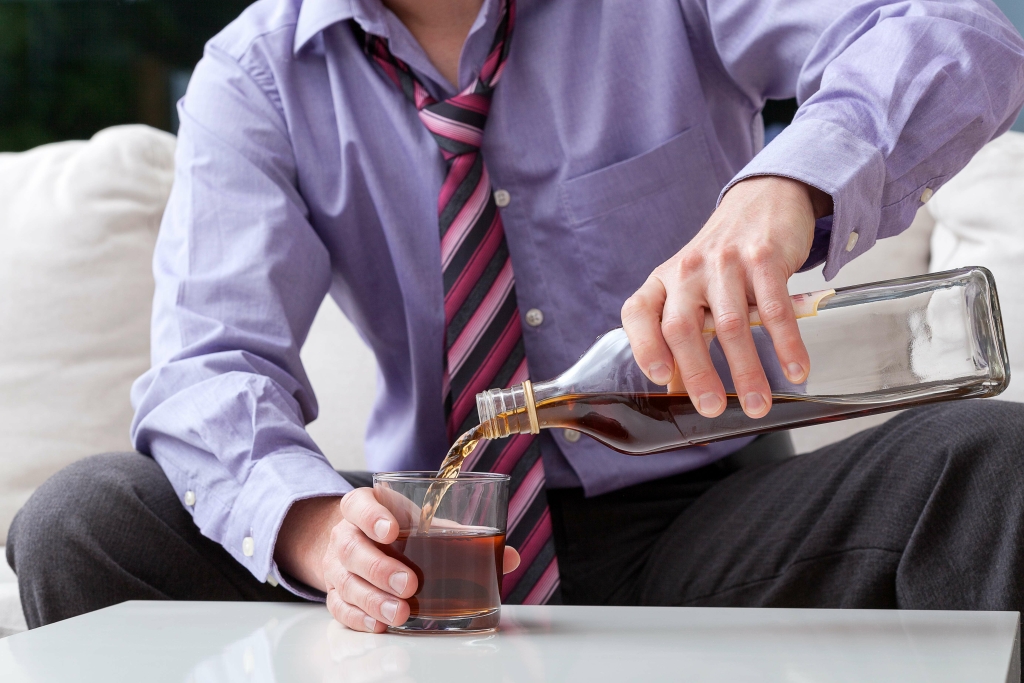If you have fibromyalgia, for example, and can’t run, let’s do some seated exercises, or let’s go for a light walk. If you have a good relationship with your primary care doctor, you can start by discussing your concerns with them. A CBT therapist can work with you to identify the underlying thoughts http://docload.ru/standart/Pages_gost/674.htm or beliefs that may be driving your excessive cellphone use. Try using your phone’s Do Not Disturb function during certain hours, or turning off notifications for all but your most-used apps. This can be a powerful way to remind yourself that you’re in control of your phone, not the other way around.
We work with many popular providers

Cellphones are such an integral part of most people’s lives that cutting down may seem daunting. But if you’re concerned about your dependence on your phone, there are several steps you can take to manage your use. Research has consistently shown a link between excessive smartphone use and several mental health conditions. Although cellphone overuse isn’t officially https://otpusk-v-krimu.ru/novosti-ark/politika-kryma/135402-zatovarilas-bochkotara-to-politika-kryma.html recognized as an addiction, it can still affect a person’s life to cause distress, relationship issues, and feelings of shame. The word “addiction” is often used to describe any impulsive behavior that’s excessive, causes significant distress, and impacts a person’s daily life. Addiction can refer to substance use or specific behaviors, like gambling.
What is Cotton Fever: Myths, Facts & Treatment Options
Another 2016 study found that mindfulness meditation might also improve mood and self-control and reduce stress, which could be helpful for people with addiction. Improving your eating habits could help you manage your emotions, think more clearly, and reduce the impact of substance use. These groups are designed to help you stay sober through mutual support provided by people who are also in recovery.
The Psychology of Addiction: How We Become Addicted and How to Break the Cycle
- Therapy for phone addiction may be conducted at a therapist’s private office, a school, community center, and even online.
- Breaking free from addiction can be daunting, but with commitment in recovery, it is achievable.
- You must understand the different stages of relapse and learn what to do next.
- A CBT therapist can work with you to identify the underlying thoughts or beliefs that may be driving your excessive cellphone use.
For example, if you have an anxious attachment style, you might feel like you can’t rely on your partner to consistently meet your needs, which can lead to fear of abandonment. Understanding your attachment style can help you identify how you expect a relationship to meet your needs. Other research from 2015 connects anxious attachment with lower levels of trust in romantic relationships. Erotomania is a type of delusion that makes you believe someone is in love with you, even if there’s no evidence to support this belief.
It’s harder to make good choices when you’re tired, and even harder to pass up the short-term energy boost sugary foods offer. Being well-rested will reduce your sugar cravings and — when they do happen — make them easier to ignore. Alternatively, you could go directly to a therapist, who can help you to manage your symptoms, create coping mechanisms, and address any underlying issues that may be contributing to your cellphone use. Cognitive behavioral therapy (CBT) is based on the idea that thoughts influence our emotions and behavior, and that by working on those thoughts, you can change how you feel and your actions.
- “We’re not able to take joy in more modest rewards,” Lembke says.
- Every time she tried a “no flour” diet, her binge eating worsened.
- Addiction is a chronic but treatable medical disease involving genetics, neurology, the environment, and a person’s life experience.
- Seek treatment for any mental health problems simultaneously.
Such behaviour, where dependence on substances becomes uncontrollable, is known as addiction or substance use disorder (SUD). It’s a common part of the recovery process; there’s no way around it. Yes, relapse can be frustrating, discouraging, and sometimes dangerous. However, it’s also a learning experience; it lets you notice new triggers and assess your coping strategies. The 12 steps are challenging for every anyone struggling with a substance use problem, no matter what their addiction.

How to break from an ‘addictive’ relationship
Drug addiction can be a really rough time to go through on your own. Here are some tips on how to help a friend struggling with drug addiction. It can help to stay connected to positive people who https://nwc3l.com/news/s6_lets_go are recovering from addiction, through support groups. You can’t avoid all triggers, so a plan is important to manage your cravings. A counsellor can help you prepare a plan to cope with cravings.

